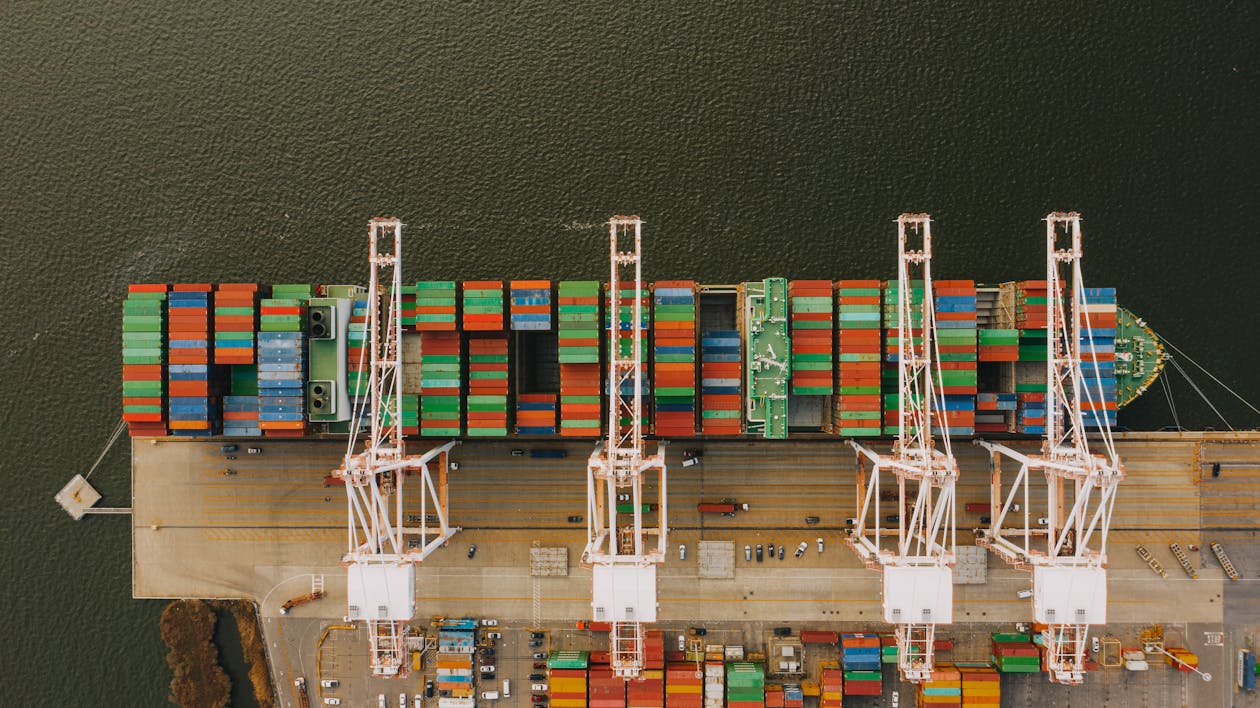International Diplomatic Tensions Rise as Trade Negotiations Stal
In the heart of bustling metropolises and serene rural landscapes alike, the world holds its breath as the stage for international diplomacy becomes increasingly tumultuous. From the towering skyscrapers of New York to the historic streets of Brussels, whispers of uncertainty mingle with the echoes of past agreements as trade negotiations stumble and falter. The global economy, a complex web of interconnected interests and ambitions, finds itself at a crossroads, where the decisions of a few hold the potential to shape the destinies of many.
In recent months, the international community has witnessed a series of setbacks in trade negotiations between major economic powers. What began as promising dialogues aimed at fostering cooperation and mutual prosperity has devolved into a stalemate of conflicting interests and unresolved grievances. At the heart of this impasse lie diverging visions of economic policy, coupled with simmering geopolitical tensions that threaten to boil over at any moment.
The roots of the current standoff can be traced back to a series of tariff disputes that erupted between two economic giants: the United States and China. What initially began as a tit-for-tat exchange of trade barriers soon escalated into a full-blown trade war, sending shockwaves throughout global markets and shaking the foundations of established trade norms. As each side dug in its heels and refused to back down, hopes for a swift resolution faded, giving way to a protracted battle of wills.
Complicating matters further are the intricate alliances and rivalries that define the geopolitical landscape of the 21st century. Traditional alliances are tested as nations weigh the costs and benefits of aligning themselves with one side or the other. Regional powers, once content to navigate the currents of international politics with cautious diplomacy, now find themselves thrust into the spotlight as key players in a high-stakes game of economic brinkmanship.
Amidst the chaos and uncertainty, diplomats from around the world have worked tirelessly to bridge the gap between conflicting interests and salvage what remains of the faltering negotiations. From closed-door meetings to high-profile summits, every avenue of diplomacy has been explored in search of a breakthrough that could restore stability to global markets and pave the way for a new era of economic cooperation.
Yet, despite these efforts, the path to reconciliation remains fraught with obstacles. Deep-seated mistrust and lingering resentment continue to poison the well of negotiation, leaving little room for compromise or concession. With each passing day, the specter of economic isolation looms ever larger, casting a shadow of doubt over the future of international trade.
For ordinary citizens caught in the crossfire, the consequences of this diplomatic standoff are all too real. Jobs hang in the balance as companies grapple with uncertainty and hesitancy to invest in an unpredictable market. Prices soar as tariffs drive up the cost of goods, placing an added burden on already-strained household budgets. The promise of prosperity and progress that once seemed within reach now feels like a distant dream, fading with each passing day of deadlock and discord.
Yet, amidst the gloom and despair, there remains a glimmer of hope – a belief that, despite the odds, diplomacy can triumph over division and cooperation can prevail over conflict. It is a belief born not out of blind optimism, but out of an understanding of the shared interests and common humanity that bind us together as a global community.
As the world watches and waits, the fate of international diplomacy hangs in the balance. Will the voices of reason and moderation prevail, or will the forces of discord and division triumph? Only time will tell, but one thing remains certain: the stakes have never been higher, and the need for unity and cooperation has never been greater.




No comments: